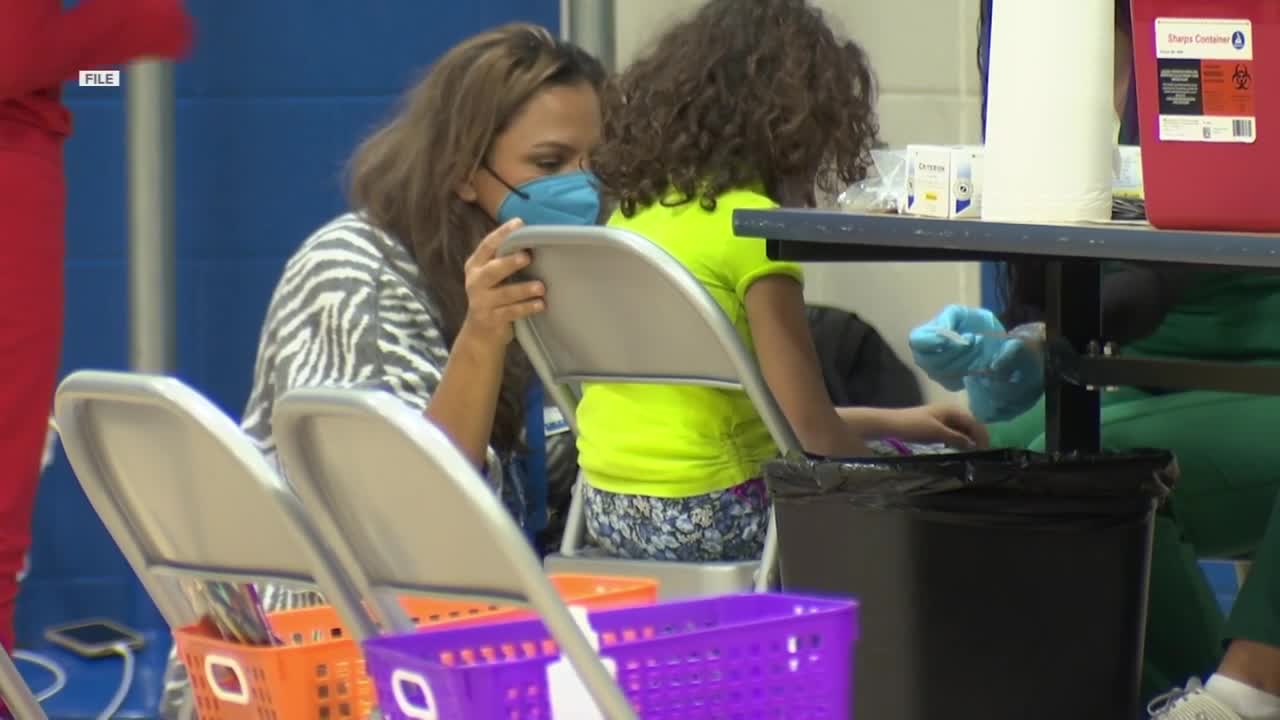WOODFORD COUNTY, Ky. (LEX 18) — For the first time in three decades, the American Academy of Pediatrics and the Centers for Disease Control and Prevention have issued different guidelines regarding children's COVID-19 vaccinations, creating confusion for parents as vaccination rates decline across Kentucky.
The divergence comes as public health experts report concerning drops in childhood vaccination rates statewide, with kindergartners entering elementary school showing the lowest vaccination levels Kentucky has seen in years.
New guidance from the American Academy of Pediatrics, published Tuesday, strongly recommends COVID-19 shots for children ages 6 months to 2 years old. For older children, the shots are also advised but left to parent discretion.
The recommendation marks a departure from CDC guidance that changed in May when HHS Secretary Robert F. Kennedy Jr. announced the CDC would no longer recommend COVID-19 shots for healthy children and pregnant women. The CDC's current advice states that kids of all ages may get the shots in consultation with their doctors.
Woodford County Public Health Director Cassie Prather says she's concerned the difference in recommendations will create a setback for vaccination efforts.
"This is definitely not where I'd expect us to be post-pandemic," Prather said.
The health director emphasized the importance of community immunity, explaining that vaccinating those who can safely receive shots protects vulnerable populations who cannot be vaccinated.
The conflicting guidance comes as Kentucky faces declining vaccination rates across multiple childhood vaccines. Prather notes that kindergartners entering elementary school represent the least vaccinated group the state has seen in recent years.
"When you put kids in a room you've got tight quarters and not a lot of room for air exchange and things like that," Prather explained. "So that's already an area where you're gonna see germs spread more quickly. And so when several in the classroom are not vaccinated for certain respiratory illnesses, that's just opening up the school and classrooms for more infections especially heading into the fall."
Despite the conflicting federal guidance, Prather recommends parents consult with their pediatricians to make informed decisions about their children's vaccination schedules.
"That's the best bet for you, best bet for your family and your community," she said.
The split between the two major health organizations represents an unprecedented situation in recent public health history, leaving parents to navigate competing recommendations as the school year approaches.





